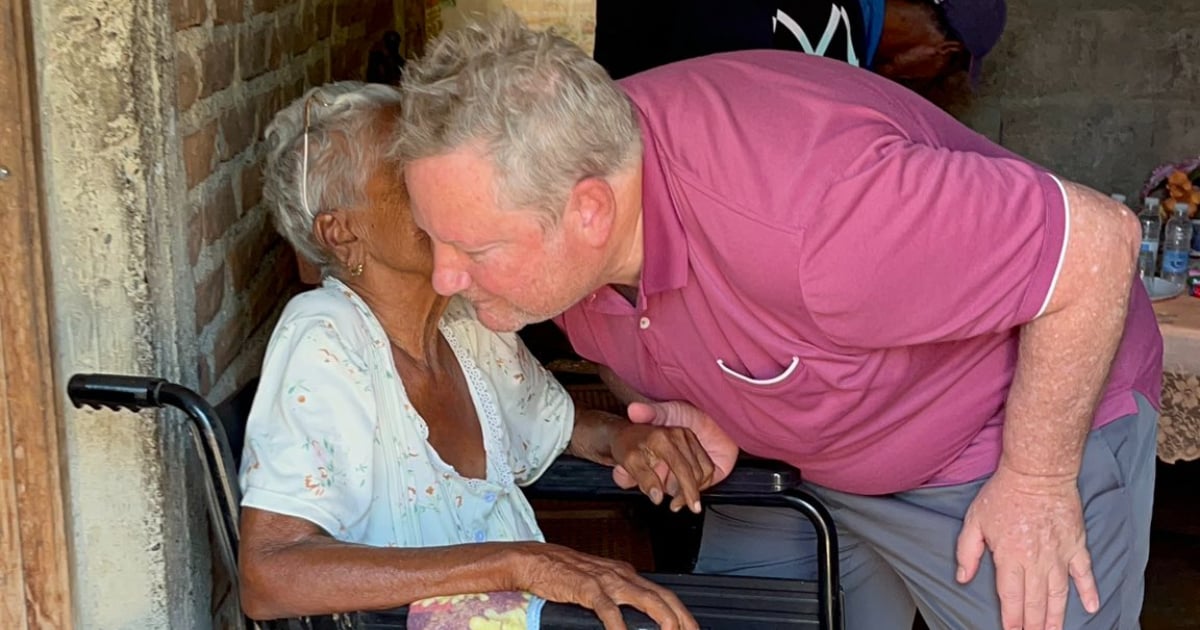The non-governmental organization Cubalex raised alarms on Tuesday about a fresh wave of targeted repression in Cuba, aimed at preventing activists and dissidents from meeting with the head of the U.S. diplomatic mission in Havana, Mike Hammer. Reports on social media platform X indicate that between April 29 and May 19, arbitrary arrests, summonses, house arrests, and communication blackouts were documented against at least six members of the independent civil society.
"We warn about the Cuban regime's systematic repression to block these meetings," Cubalex stated.
Repression and Intimidation to Prevent Diplomatic Meetings
According to the organization, the repressive actions included:
- Juan Luis Bravo Rodríguez, an activist from Guantánamo, was summoned and interrogated on May 16 regarding any plans to meet with the diplomat.
- On May 18, Idelsys Pupo Labrada, mother of July 11th prisoner William Leyva Pupo, was violently detained and forced into a police car in Holguín to prevent her from attending a meeting with Hammer.
- On May 19, activist Vladimir Martín Castellanos and his wife were detained in Puerto Padre, Las Tunas, amid a police operation at their home.
- In the same area, former political prisoner Ezequiel Morales Carmenate reported constant surveillance outside his house.
- On April 29, activist Librado Linares was detained en route to Santa Clara, where he planned to participate in a meeting with the ambassador. He was taken to State Security headquarters and then placed under house arrest.
A Deliberate Strategy to Isolate Civil Society
Cubalex perceives these events as a deliberate strategy by the Cuban regime to prevent international actors from accessing key testimonies on human rights violations. The organization emphasizes that nearly all involved activists had scheduled meetings with Hammer when they were intercepted by State Security.
"These actions are part of a systematic pattern to isolate civil society, hinder independent monitoring, and keep state repression mechanisms in the shadows," the statement asserts.
Cuba Accuses the U.S. of "Interference"
Since his arrival in November 2024, diplomat Mike Hammer has maintained an active schedule of meetings with dissidents, journalists, religious figures, and families of political prisoners, documenting these interactions on social media. In response, the Cuban government has accused Hammer of "interfering" behavior, citing violations of the Vienna Convention. In April, the Ministry of Foreign Affairs summoned him for the third time to formally protest, yet failed to deter his actions.
In tandem, the pro-government site Cubadebate published an editorial labeling the diplomat as "disrespectful" and accusing him of "inciting Cubans to act against their country" while hiding behind his diplomatic immunity.
A Climate of Bilateral Tension
These events underscore a significant deterioration in U.S.-Cuba relations, which has worsened since the administration of Donald Trump, under which Havana was re-added to the list of State Sponsors of Terrorism.
Understanding the Impact of Repression in Cuba
What actions has the Cuban government taken against activists?
The Cuban government has engaged in arbitrary arrests, summonses, house arrests, and communication blackouts to prevent activists from meeting with international diplomats.
Why is the Cuban government targeting these meetings?
The government aims to prevent international scrutiny and maintain control over information regarding human rights violations, isolating civil society from foreign influences.
How has the U.S. responded to Cuba's actions?
The U.S. has maintained a policy of engagement with Cuban civil society, despite accusations from the Cuban government of interference and violations of diplomatic conventions.
